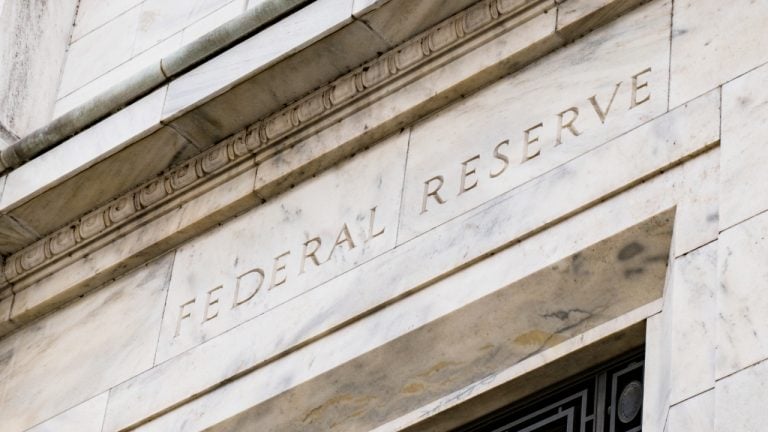
The Federal Reserve Board of Governors and several Federal Reserve Banks are actively working on the digital dollar. Legislation has proposed that each American could have an account at the Fed for transacting in the central bank digital currency.
Several Digital Dollar Initiatives
The president of the Federal Reserve Bank of Cleveland, Loretta J. Mester, outlined the Fed’s work on the country’s central bank digital currency (CBDC) during a speech at the 20th Anniversary Chicago Payments Symposium on Wednesday. Noting that the experience with emergency payments led by the coronavirus pandemic has accelerated the work in this area, Mester detailed:
Legislation has proposed that each American has an account at the Fed in which digital dollars could be deposited, as liabilities of the Federal Reserve Banks, which could be used for emergency payments.
She added that “Other proposals would create a new payments instrument, digital cash, which would be just like the physical currency issued by central banks today, but in a digital form and, potentially, without the anonymity of physical currency.”
Mester explained that some designs of the digital dollar allow the central bank to directly issue the CBDC into end users’ wallets using central-bank-facilitated transfer and redemption services, without the involvement of commercial banks.
She further confirmed that “The Federal Reserve has been researching issues raised by central bank digital currency for some time,” emphasizing that various Federal Reserve Banks are part of initiatives to explore the use of a central bank digital currency.
The Federal Reserve Board of Governors has a technology lab called Techlab that has been building platforms and testing a range of technologies relevant to digital currencies and other payment innovations. Staff members from several Federal Reserve Banks, including software developers, are contributing to this effort.
“Given the dollar’s important role, it is essential that the Federal Reserve remain on the frontier of research and policy development regarding central bank digital currencies,” Federal Reserve Board Governor Lael Brainard previously commented.
As for individual Federal Reserve Banks, Mester highlighted that the Federal Reserve Bank of Boston is collaborating with the Massachusetts Institute of Technology (MIT) to experiment with existing and new technologies that could be used for a digital dollar. This multi-year initiative was launched in August.
The Federal Reserve Bank of New York has established an innovation center in partnership with the Bank for International Settlements (BIS) to identify critical trends and financial technology relevant to central banks.
Mester also stressed the need to evaluate potential risks, costs, benefits, and policy issues surrounding a digital dollar, such as “financial stability, market structure, security, privacy, and monetary policy.” She emphasized that the demand and uses of a CBDC must be assessed to ascertain “whether such a central bank digital currency would allow for quicker and more ubiquitous payments in times of emergency and more generally.”
Meanwhile, a number of central banks worldwide have been accelerating their CBDC research in response to the Libra cryptocurrency project, proposed by social media giant Facebook, and the soon-to-launch China’s digital yuan which is already being tested in several major cities, including Beijing and Hong Kong.
What do you think about having an account at the Fed for digital dollars? Let us know in the comments section below.
The post US Federal Reserve Actively Working on Digital Dollar appeared first on Bitcoin News.
from Bitcoin News https://ift.tt/30axRMC
Comments
Post a Comment